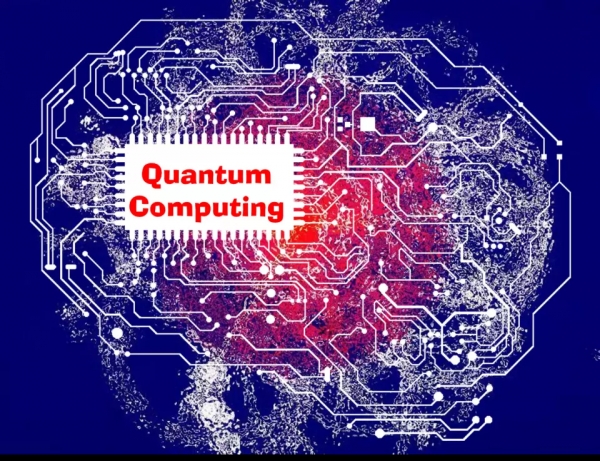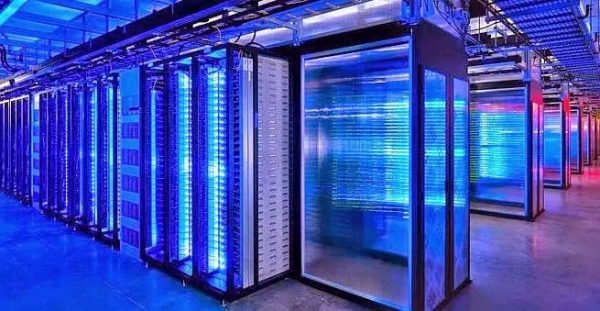
 Data Structure
Data Structure Networking
Networking RDBMS
RDBMS Operating System
Operating System Java
Java MS Excel
MS Excel iOS
iOS HTML
HTML CSS
CSS Android
Android Python
Python C Programming
C Programming C++
C++ C#
C# MongoDB
MongoDB MySQL
MySQL Javascript
Javascript PHP
PHP
- Selected Reading
- UPSC IAS Exams Notes
- Developer's Best Practices
- Questions and Answers
- Effective Resume Writing
- HR Interview Questions
- Computer Glossary
- Who is Who
Is Quantum Computing changing the future of our world?
Quantum figuring contemplates hypothetical calculation frameworks (quantum PCs) that make coordinate utilization of quantum-mechanical marvels, for example, superposition to perform operations on data. Quantum PCs are unique in relation to binary digital PCs in light of transistors.
While regular advanced registering requires that the information is encoded into twofold digits (bits), each of which is dependable in one of two distinct states (0 or 1), quantum calculation utilizes quantum bits, which can be in superpositions of states. A Quantum Turing Machine is a hypothetical model of such a PC and is otherwise called the general quantum PC.

What are they?
Starting at 2017, the advancement of real quantum PCs is still in its early stages, however, explores have been done in which quantum computational operations were executed on few quantum bits.
Both pragmatic and hypothetical research proceeds, and numerous national governments and military offices are subsidizing quantum processing research with an end goal to create quantum PCs for nonmilitary personnel, business, exchange, ecological and national security purposes, for example, cryptanalysis.
Huge scale quantum PCs would hypothetically have the capacity to take care of specific issues a great deal more rapidly than any traditional PCs that utilization even the best at present known calculations, similar to number factorization utilizing Shor's calculation or the reenactment of quantum many-body frameworks.

There exist quantum calculations, for example, Simon's calculation, that runs speedier than any conceivable probabilistic traditional algorithm. An established PC could on a basic level (with exponential assets) recreate a quantum calculation, as quantum calculation does not abuse the Church–Turing thesis. On the other hand, quantum PCs might have the capacity to productively take care of issues which are not practically attainable on traditional PCs.
A traditional PC has a memory comprised of bits, where each piece is spoken to by either a one or a zero. A quantum PC keeps up an arrangement of qubits. A solitary qubit can speak to a one, a zero, or any quantum superposition of those two qubit states.
A couple of qubits can be in any quantum superposition of 4 states, and three qubits in any superposition of 8 states. When all is said in done, a quantum PC with n qubits can be in a superposition of up to 2^{n} unique states simultaneous.

How does it work?
A quantum PC works by setting the qubits in an impeccable drift that speaks to the current issue and by controlling those qubits with a settled succession of quantum rationale doors.
The arrangement of entryways to be connected is known as a quantum calculation. The count closes with an estimation, crumbling the arrangement of qubits into one of the 2^{n} immaculate states, where each qubit is zero or one, breaking down into a traditional state.
The result can be along these lines and beat most n traditional bits of data.
Quantum calculations are frequently probabilistic. In that, they give the right arrangement just with a specific probability. A case of usage of qubits of a quantum PC could begin with the utilization of particles with two spin states such as "down" and "up".

